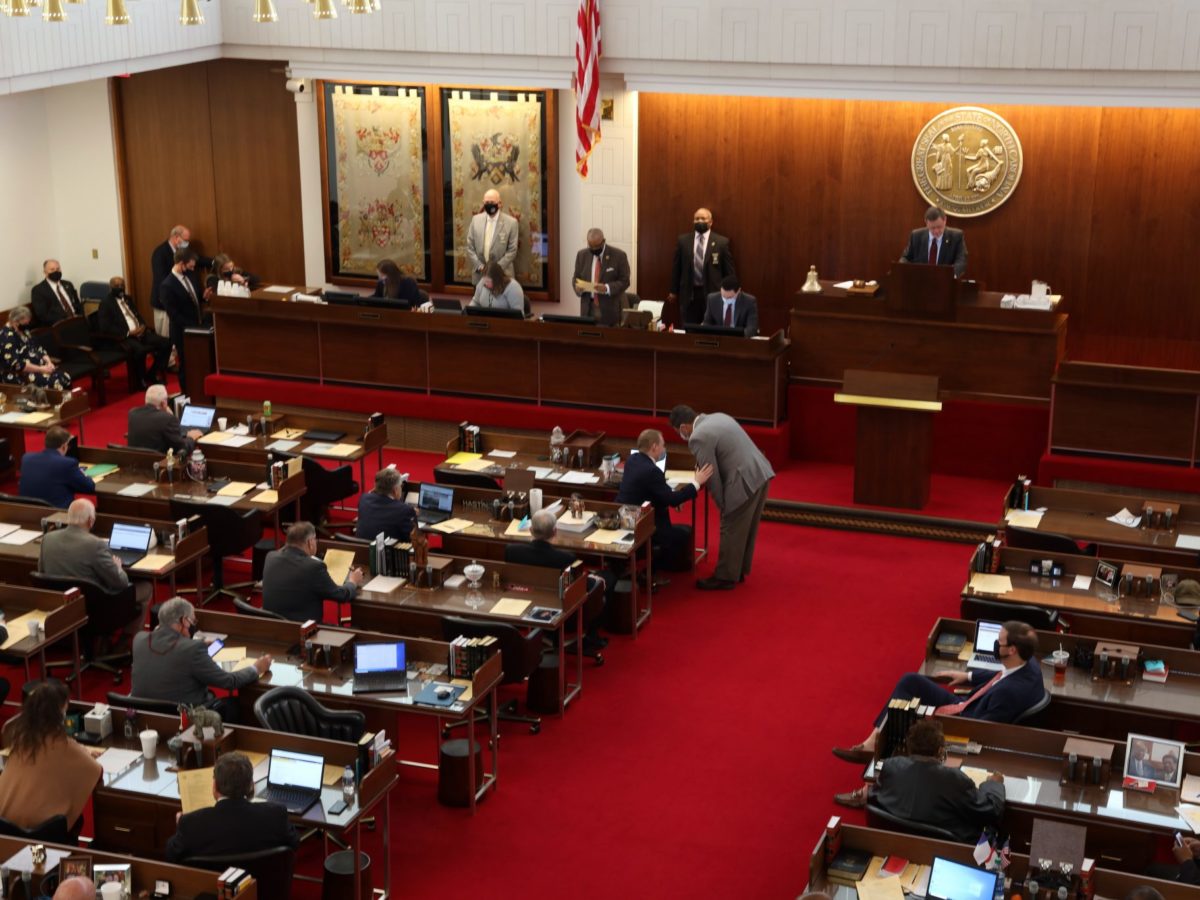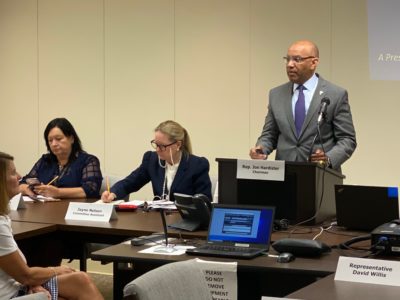

|
|
There may be a budget after all.
Republican leaders in the House and Senate have come to a spending agreement for the two-year budget.
Much of the talk at the General Assembly for the last few weeks has been about a failure among Republican leaders in the House and Senate to come to a spending agreement to allow them to move ahead with a comprehensive budget in their respective chambers. With only weeks left until the end of the fiscal year (which ends June 30), the news provides hope that there won’t be a repeat of 2019 when the state had to move forward without a regular two-year spending plan in place.
“This agreement builds on the last decade of responsible Republican-led budgets resulting in a boom decade that put North Carolina on a strong trajectory to recover from the recession,” said Senate President Pro Tem Phil Berger, R-Rockingham, and House Speaker Tim Moore, R-Cleveland, in a joint statement. “As we work out the details of the budget, we intend to fulfill our commitment to balance the budget while saving for future needs and cutting taxes for the vast majority of residents.”
The agreement is that spending in the first year of the biennium (2021-22) is capped at $25.7 billion and the second year is capped at $26.7 billion. According to a press release, those spending amounts represent a 3.45% and 3.65% spending increase, respectively.
WRAL previously broke the news that the House was going to start working on its budget last week despite the fact that the Senate had not yet delivered its two-year spending plan. The Senate was slated to go first this year in the budget process, but its spending proposal was delayed.
WRAL connected the House’s decision to move forward last week with the Senate taking up a tax cut proposal the week before, which — if it becomes law — would significantly cut into the amount of money the state has to spend in its budget.
According to the press release from Moore and Berger, the agreement today has “terms” that will include tax reductions but won’t include a bond or Medicaid expansion. Medicaid expansion was one of the items that Democratic Gov. Roy Cooper was pushing for back in 2019 when he vetoed the General Assembly’s budget. The bond was something sought by the House and Cooper in 2019 and again in Cooper’s budget proposal for the next two years.
Cooper is proposing a $4.7 billion bond be put on the ballot in November 2021. That bond would be used to take on the state’s many infrastructure needs, including in the K-12 public school and community college systems. It would include $2.5 billion for public schools and $500 million for the community college system. The public school system had more than $8 billion in infrastructure needs as of a few years ago, though that number is likely higher now.
According to the press release, however, legislative Republicans aren’t overlooking capital spending altogether.
“The agreement dedicates at least $4.2 billion in new capital spending funded through the State Capital and Infrastructure Fund to support critical needs across the state, including several transformational projects,” the release stated.
The House education appropriations committee continues to meet this week and hear presentations on the financial needs of various education stakeholders.





